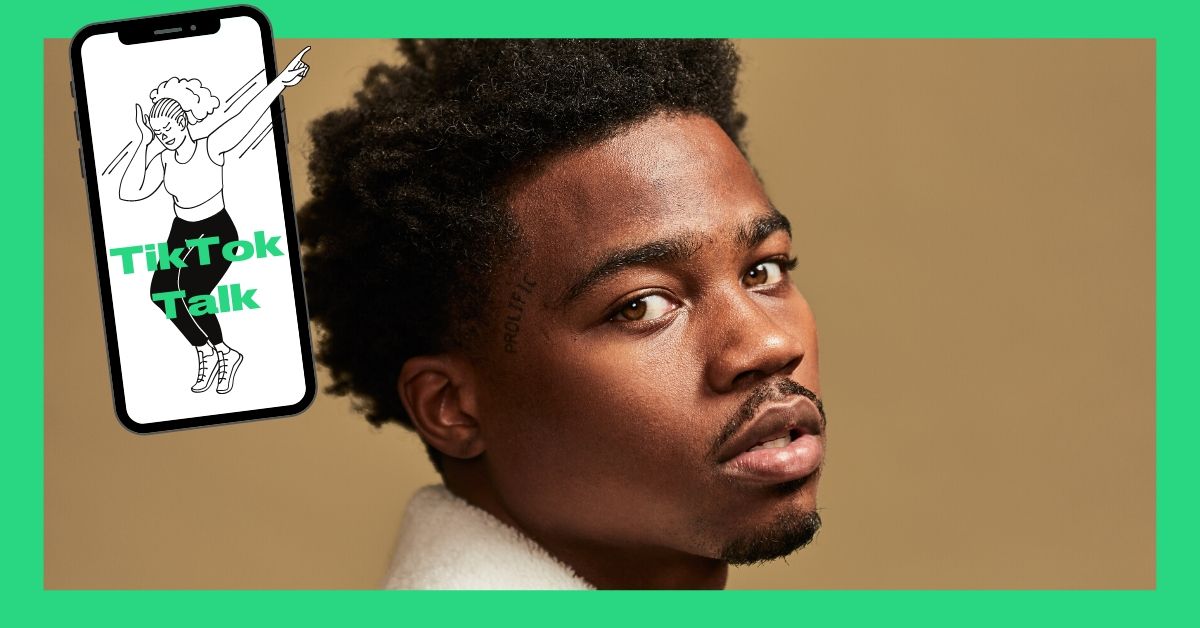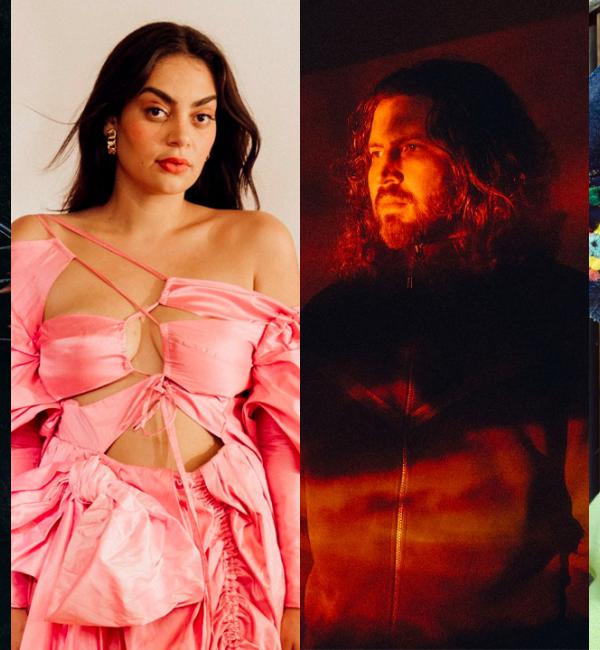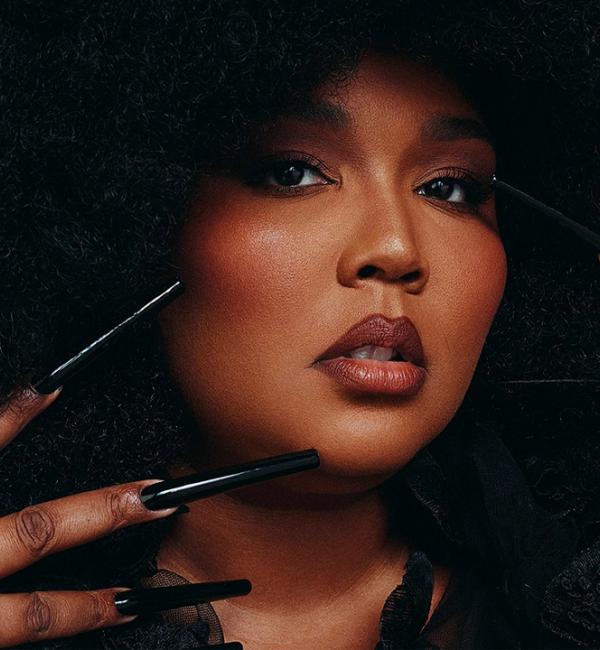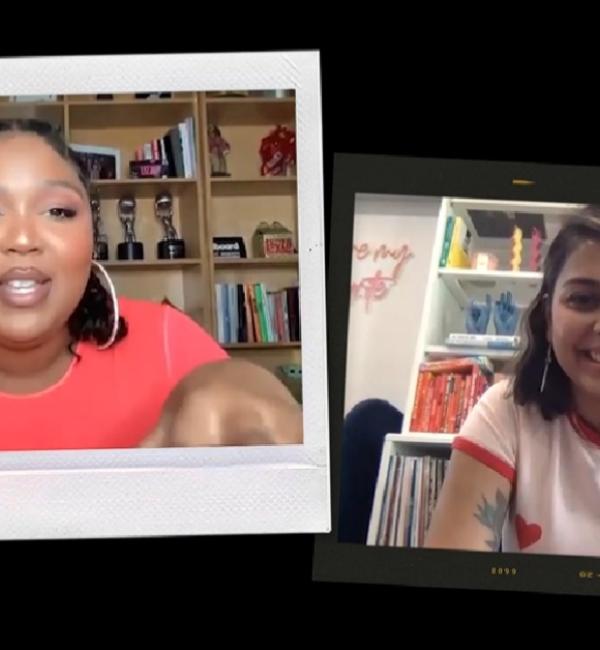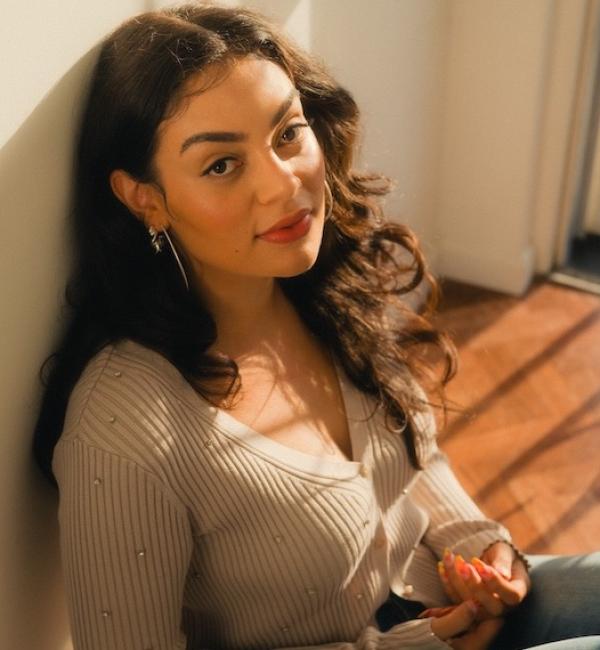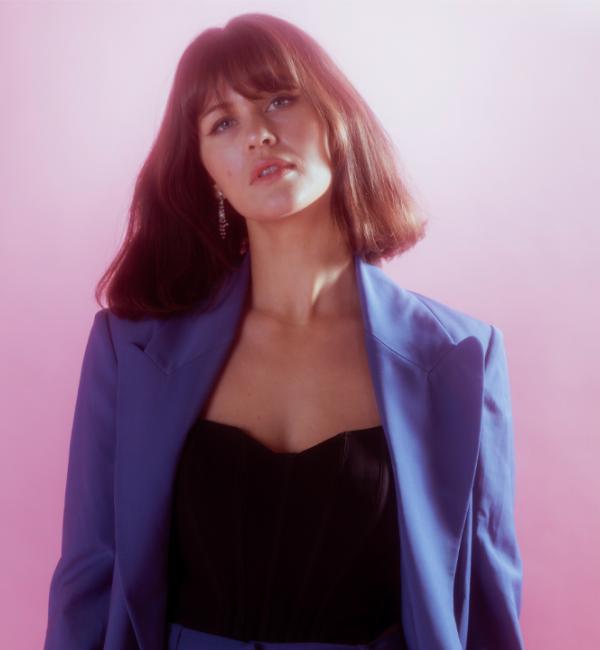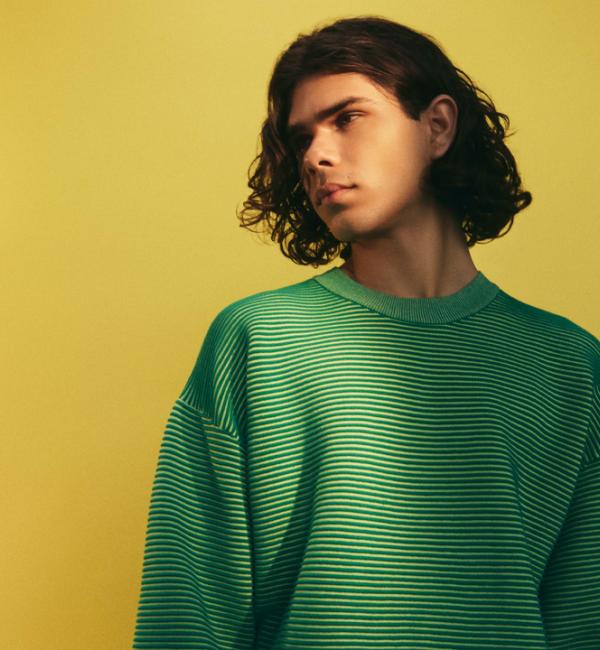
Last year short video sharing app TikTok dominated music news. From the very moment Lil Nas X's Old Town Road arrived into the collective consciousness, everything changed. The Atlanta artist's genre-agnostic, trap-meets-country hit proved that eschewing the industry's rules and seizing virality can lead to success. It wasn't long before this pattern was replicated by many others hoping for the same result.
Since then, we've seen Lizzo's 2017 release Truth Hurts resurrected on the app through the #DNAtest meme, which gave rise to her global success in 2019. Then there are the hundreds of new artists inking record deals off the back of their TikTok hits, like Sueco The Child, The BoyBoy West Coast and Absofacto.
Now, one year on since Old Town Road's success, we all know that if a song catches on and inspires a slew of memes and trending hashtags on TikTok, this will trickle down to streaming services and turn once unknown artists into megastars. But how does it work?
Most musicians have hinged their success on promoting music across platforms like Instagram, Facebook, SoundCloud and Twitter. Though, all these sites are based on followers. TikTok has democratised the discovery process by creating an infinite feed of videos that pulls content from users across the app, whether you follow them or not. This communal homepage, with millions of 15-second videos, exposes users to new dances, memes and ultimately, songs.
Unlike other social media platforms, TikTok trades in punchlines and jokes that are encouraged to be replicated across its community. So if one user does a dance to a song, then others will likely reproduce this.
Doja Cat, an artist who came to prominence on Twitter in 2018 with her viral hit, MOO! has found a new audience on TikTok this way. Her song Boss Bitch, released on the Birds Of Prey soundtrack, has to date been used in almost 900,000 videos. Most of this comes from an accessible joke format. Here, users make self-deprecating jabs at themselves about turning up to family dinners, college classes, and even the airport severely underdressed compared to everyone else by splicing in red carpet footage from the 2020 Grammy Awards. The punchline lands almost every time.
Dua Lipa's '80s-inspired discotheque hit Don't Start Now inspired its own dance, while Drake's 2018 song Nonstop recently flourished across the app thanks to the #fliptheswitch hashtag, a selfie video trend where participants lipsync to the song in the bathroom mirror, flip a light switch and when the lights return their appearance has changed. Everyone from Diplo and Mariah Carey to Jennifer Lopez and the official Hamilton account joined in. Today, the hashtag has over 3.08 billion views.
While these songs are by major recording artists, the blueprint being used today was created by indie musicians and TikTok users. Lil Nas X famously pushed his song on Reddit under aliases, made up dances and propelled the popularity of Old Town Road through multiple hashtags like #cowboygang #yeehaw, #yeeyee and #yeeyeejuice. It wasn't long before users were searching for the song on Apple Music, Spotify and YouTube spurring the song onto the Billboard 100.
Sueco The Child, the blue-haired rapper who snapped up a deal with Atlantic Records following the success of his song, Fast, followed in Lil Nas X's footsteps. "When I saw TikTok, I instantly went 'This is how it's done'," he told The Ringer. "[We] don't need to make the content, [we] have other people making the content for [us]. It blows up and becomes a meme organically on this app."
This year, Cookie Kawaii's Jersey club hit Vibe went from virtual obscurity to become one of the most popular songs on the app this year. "This all happened over a week or so," Cookie told Fader. Unlike Lil Nas X and Sueco, she wasn't trying to go viral; it just happened. "It's been overwhelming, but in a good way," she admits. The artist has been making music since 2011 but first noticed Vibe on the app when a user posted a dance to the catchy beat. "From there, a TikToker with something like a million followers did the same dance. Once they did it, it took off. And it's taken so many forms — there's a dancing duck, now!"
When you look closely at what tends to go viral on the app, it becomes easier to emulate. Pitchfork writer Cat Khang posits this pattern comprises of "outrageous lyrics and blunt, boisterous beats. Nostalgic callbacks to cartoons and video games. Jarring croaks and shrieks". A danceable beat allows for simple actions that can be learned quickly and adopted just as fast, as users on TikTok hope to go viral themselves. The more a song is likely to piss off their parents, the more you'll see the song pop up.
"Okay, let me put my glasses on," a South Asian mum says as her daughter, @ome asks for help to read something. It's a setup, but this TikTok video is like many others, where teenagers prank their parents by tricking them into reading explicit lyrics or recording their reaction to divisive songs. "If I back it up, is it fat enough, when I throw it back, is it fast enough," she reads matter-of-factly as her daughter erupts into laughter. These are lyrics from Cookie's Vibe. This video has over 8 million views.
Unlike SoundCloud, which is known for diaristic and emo salvos on mental health, songs on TikTok require punchlines. Roddy Ricch's The Box was never intended to be released as a single but the deep album cut's squeaky intro made for the perfect joke. The song has been used in over 2.1 million videos and as of today spends its 11th week at #1 on the Billboard Hot 100. Similarly, the beginning of STUPID by Ashnikko saw users lipsync the rapper's dramatic screaming opener. It also inspired a dance that garnered 2.8 million videos.
It's clear that virality on TikTok is just an arm's reach away for an aspiring artist, whether they're a rapper, Jersey club producer or singer-songwriter. However, as more people clamour to the app in hopes of achieving the dizzying heights of fame, they may be disappointed. Established artists are swarming to the app in droves, leaving little room for unknown songs to flourish. But when an indie artist gets this formula just right, there is no telling how big they can go — and that's what makes TikTok so exciting. It's broken down all the rules of the music industry, and it even continues to break its own.
